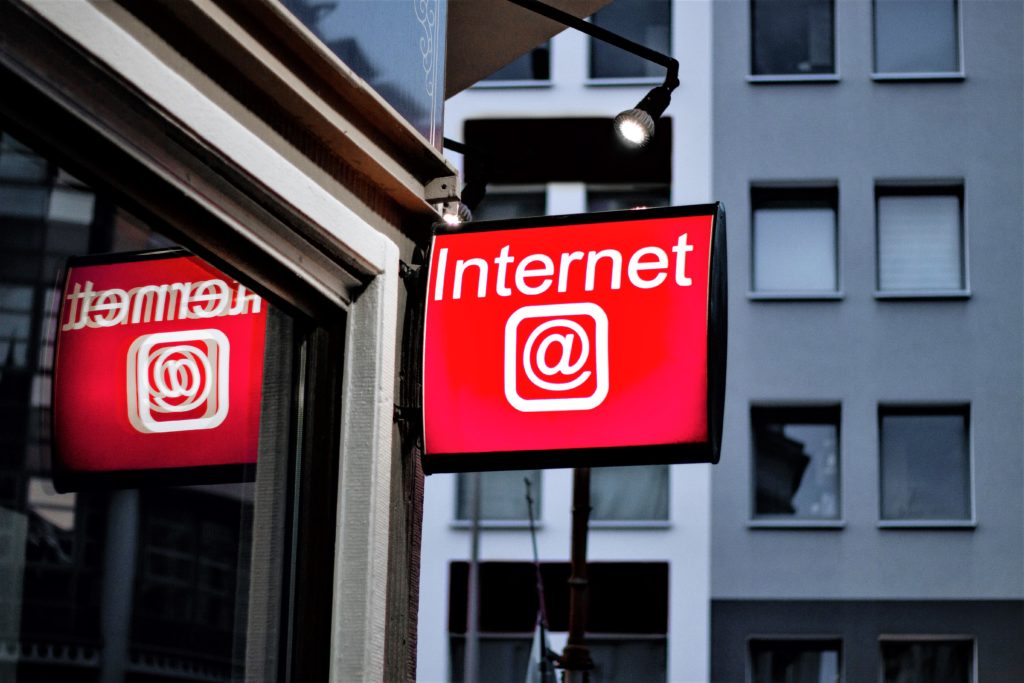A little bit of history
In the process of the United States in improving its technology for the national security, the scientist Joseph Licklider expressed in 1962, an ambitious idea about how to socially connect the whole world through a galactic network. From there, work was carried out to finally achieve the first connection between computers through a simple network of telephone lines. The first uses of what we call the Internet today were in the military area, which later expanded to universities.
The Internet in the academic world was important for its ulterior growth, it is there where the investigation promoted the need for open publication of ideas and results. Undoubtedly, the future of the Internet at that time was already promising.
In 1988, the Internet crossed the Atlantic and the Netherlands was the first country in Europe to achieve Network Interconnectivity.
Talking about business
It took a long time from the creation of the internet to its commercial presentation and later massiveness. The network of networks was recognized as the technology that enabled the traffic of large amounts of information.
Inevitably, the big businesses of the ones we know today as Internet Service Providers (ISP) emerged. The ISPs have a commercial relationship with Internet content providers (Netflix, Google, Spotify), making it possible for users to surf and explore an unimaginable variety of options in the online world. But not everything has a sweet taste, for a long time now exists a discussion about the openness or not of the internet.
Neutrality, yes or not?
When we talk about net neutrality, we refer to an Internet that guarantees the traffic of information, regardless of its origin, content, or destination. But it is not obvious enough, because there are cases, in which the Internet is restricted and there are many examples of it.
Due to political issues, some countries censor certain websites, content, or online services, thus putting the principle of an open internet for everyone in danger. Another example is the case of Internet service providers, which interfere with data traffic by making us wait 35 seconds longer to open a certain website than others, or when it is simply difficult to make Skype calls with our wireless network.
This certainly refers to a restriction in data traffic, but the argument in defense of this action is “the need to improve the quality of information traffic”, and it would be a kind of strategy of “data congestion”.
What we have
When we say that Internet service providers have power over data traffic, we might also assume that content providers (Google, Spotify) in order to survive in business must have certain agreements with Internet providers.
So, what would happen with those companies that are small or dedicated to Open Source? Certainly, the strongest ones can survive, but the others, which do not have a recognized name and much less a strong capital in the market, will lose in the try. The Darwinian theory 100% applicable to the case: “Survival of the fittest”.
Does this vision of the Internet not involve the restriction of our freedom of information and full access to all data? My answer is clearly yes.
In the United States, a federal court has ruled against the neutrality of the Internet, giving power to Internet providers. Gratifyingly, the European Union has a different perspective on this: “An open internet for all and without restrictions is possible”.
So, surf free without limits!
